Senator Todd Young, US Senator for Indiana | Official U.S. Senate headshot
Senator Todd Young, US Senator for Indiana | Official U.S. Senate headshot
U.S. Senators Todd Young and Raphael Warnock have introduced new legislation aimed at enhancing the efficiency of the Internal Revenue Service (IRS) in processing paper tax returns. The proposed Barcode Automation for Revenue Collection to Organize Disbursement and Enhance (BARCODE) Efficiency Act seeks to implement 2-D barcode technology to streamline operations.
Senator Young emphasized the need for this change, stating, "Millions of Americans are forced to wait months – and sometimes years – for the IRS to process their tax returns. Our bill will better serve taxpayers by improving the processing of paper returns, reducing errors, and requiring the IRS to operate more efficiently."
Senator Warnock echoed these sentiments: "We live in an increasingly digital age, but our tax filing system hasn’t kept up for the millions of Americans who still use paper returns. This bill would help these filers get their refunds back as soon as possible. I’m proud to introduce this bipartisan legislation with Senator Young and will keep working to improve the economic well-being of working families."
The current manual transcription process used by the IRS leads to delays and increased costs. The BARCODE Efficiency Act proposes that electronically prepared paper returns include a scannable 2-D barcode, allowing quicker conversion into digital format. This method has been successfully utilized by state tax agencies for over two decades.
Additionally, optical character recognition or similar technologies may complement 2-D barcoding in processing paper returns. The Senate Finance Committee has recommended this act among other improvements for IRS procedures.
Senator Young first introduced this legislation in 2024 as part of his ongoing efforts toward modernizing IRS processes. In previous years, he advocated strongly for implementing such technologies through letters and op-eds directed at then-IRS Commissioner Charles Rettig.
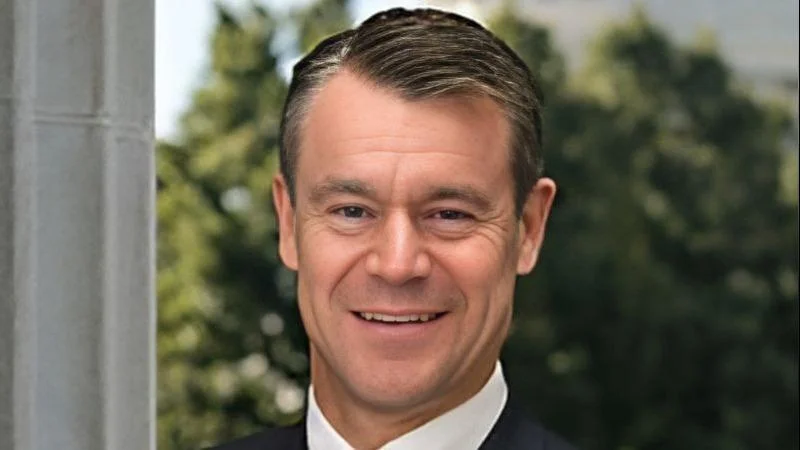
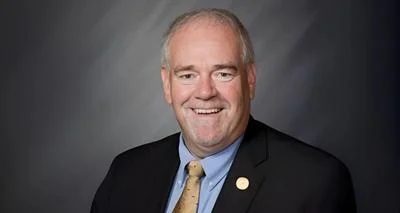
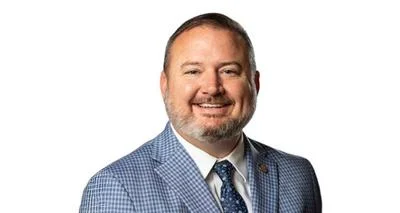

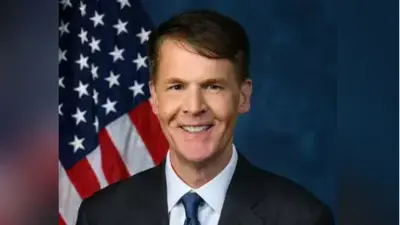
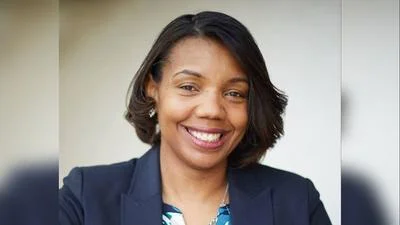
 Alerts Sign-up
Alerts Sign-up